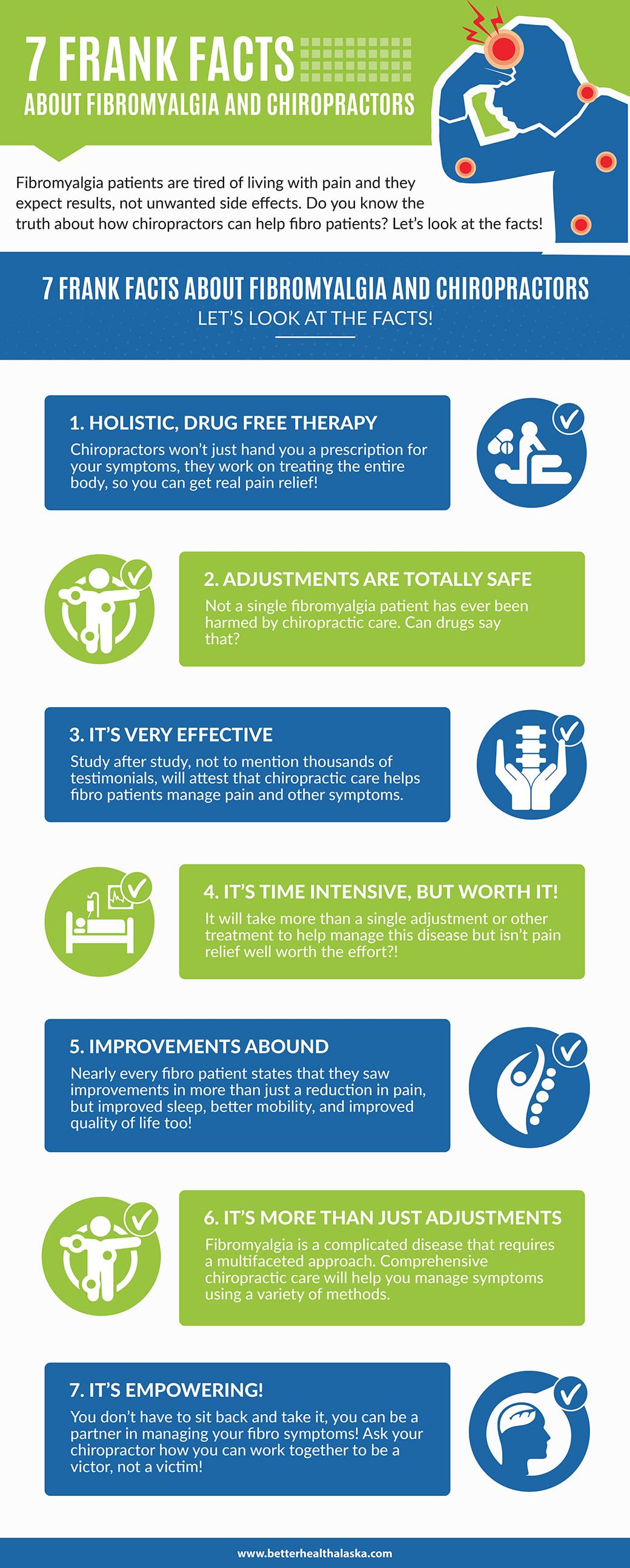The Relevance Of Nourishment In Managing Back Pain: Suggested Foods And Those To Avoid
The Relevance Of Nourishment In Managing Back Pain: Suggested Foods And Those To Avoid
Blog Article
Content Produce By-Livingston Wheeler
When it pertains to handling your back pain, the food options you make can substantially influence how you feel every day. Visualize having the ability to reduce your discomfort just by adjusting what you consume. By recognizing https://devinzuwsl.theideasblog.com/32311108/reveal-the-tricks-behind-neck-pain-and-just-how-comprehending-cervical-spine-composition-can-help-you-find-relief of nutrition in pain in the back management and understanding which foods to include or stay away from, you can take aggressive actions towards a much healthier and much more comfortable way of living. The link in between nourishment and back wellness is much more extensive than you may understand-- let's explore exactly how specific foods can either soothe or aggravate your pain in the back.
Importance of Nutrition in Pain In The Back
Nutrition plays an important function in handling back pain. Your diet plan can dramatically impact inflammation levels and general discomfort degrees in your back. Consuming a balanced diet regimen rich in nutrients like vitamins D and K, calcium, magnesium, and omega-3 fats can help reduce inflammation and enhance bones, which are essential for back health.
Furthermore, maintaining a healthy weight through appropriate nourishment can ease anxiety on your spine, lowering the danger of back pain.
Furthermore, particular nutrients like antioxidants found in fruits and vegetables can aid fight oxidative anxiety and promote healing in the body, consisting of the back muscular tissues and spine.
On the other hand, consuming too much amounts of processed foods, sweet beverages, and harmful fats can contribute to swelling and weight gain, intensifying back pain.
Foods to Eat for Back Health And Wellness
To support a healthy and balanced back, incorporating nutrient-rich foods right into your day-to-day dishes is crucial. Consisting of foods high in antioxidants like berries, spinach, and kale can help reduce swelling in your back, easing pain and pain. Omega-3 fats located in fatty fish such as salmon and mackerel have anti-inflammatory buildings that can benefit your back wellness.
Furthermore, eating nuts and seeds like almonds, walnuts, and chia seeds supplies important nutrients like magnesium and vitamin E, which support muscle function and reduce oxidative stress and anxiety. Integrating lean healthy proteins such as hen, turkey, and tofu can aid in muscle fixing and upkeep, promoting a solid back.
Don't neglect to include dairy products or strengthened plant-based choices for calcium to support bone wellness. Finally, hydrate with plenty of water to maintain your spine discs hydrated and operating efficiently. By including these nutrient-dense foods in your diet, you can nourish your back and support overall spine health.
Foods to Avoid for Back Pain
Go with avoiding processed foods high in sugarcoated and trans fats when seeking relief from pain in the back. https://www.healthline.com/health/hiv/hiv-back-pain of foods can contribute to swelling in the body, which might intensify neck and back pain. Say no to sugary snacks like candy, pastries, and sugary drinks, in addition to convenience food items like burgers, french fries, and fried chicken that are often packed with trans fats.
In addition, stay away from foods having high degrees of refined carbs, such as white bread, pasta, and pastries, as they can increase blood sugar level degrees and potentially worsen swelling in the body.
new york, ny acupuncture new york ny 's additionally a good idea to limit your intake of foods high in saturated fats, like red meat and full-fat milk items, as they can contribute to inflammation. Processed foods like delicatessens meats, chips, and packaged treats are often high in hydrogenated fats and need to be eaten in moderation.
Conclusion
In conclusion, taking note of your diet plan and making smart food selections can have a substantial influence on handling pain in the back. By incorporating nutrient-rich foods like berries, fatty fish, nuts, and lean proteins, and staying clear of processed and sweet products, you can help reduce swelling and support overall back wellness. Remember, what you consume plays a critical function in just how you feel, so see to it to prioritize your nourishment for a healthier back.
